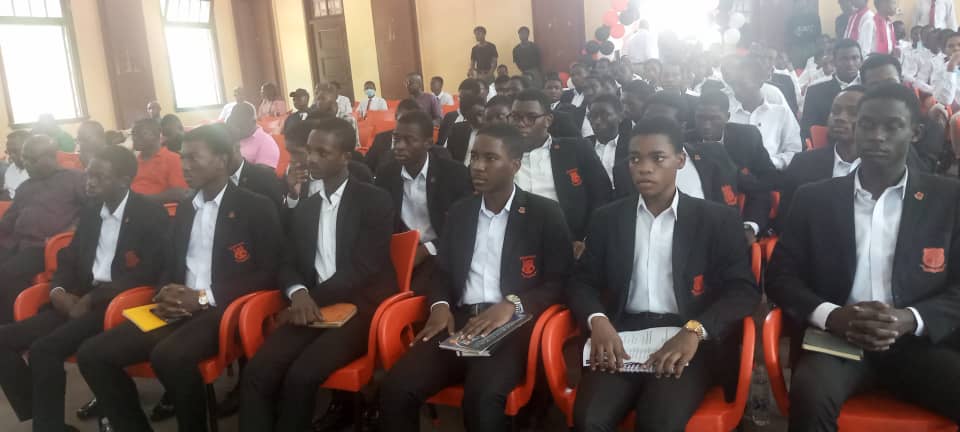[ad_1]
Seasoned educationists at a day’s stakeholders’ forum on education have called for a non-partisan, radical and revolutionary review of Ghana’s educational system and its content to ensure its products are useful to the nation.
They noted that the current educational system was not producing graduates needed to drive excellence in every endeavour be it academic, scientific, technological, industrial, ethical, moral, social, cultural or physical, among others.
The panellists are Mr Anis Haffar, an education consultant, Mrs. Justina Ivy Apawu, Acting Central Regional Director of Education, Mr Kwamena Essilfie Burah, an educationist and a businessman, and Mr Seth Ahene, an IT Icon and educationist.
The conference, dubbed “Dwen Hwe Kan Forum,” formed part of activities marking the 147 Founder’s Day celebration of the Mfantsipim School, the first secondary school established in Ghana.
It was on the theme: “147 years of secondary education in Ghana (1876-2023): The role of the stakeholders in ensuring academic excellence.”
To them, the dearth of the drive for excellence among graduates was an indictment on all stakeholders and consequently suggested reassessment of the competence of the nation’s teaching strategies to guarantee meaningful jobs after school.
“An urgent review and improvement in the country’s educational sector to match up have become necessary instead of the age-old “‘chew, pour, pass, forget and become unemployed syndrome,” the educationists said.

Addressing students, teachers, parents and other educationists in attendance, Mr Haffar, called for a paradigm shift in the education structure, explaining that the current system where students were made to concentrate more on theory, neglecting practical studies had proven to be inimical to the socio-economic needs of the country.
He explained that when teaching and learning were based on robot learning (‘chew and pour’), it only trained people to look back at what somebody else has discovered instead of thinking to discover things for themselves.
“Ghana’s educational system has over the years placed much premium on the system of memorization and has become an impediment for people to be productive. What has happened to the world presently is people who have taken over themselves to do great things.
“Things are changing, so we must also change as a country,” he said in a contribution to the programme moderated by Professor Philip Ebow Bondzi-Simpson, the first Vice-Chancellor of the Methodist University.
With copious examples, Mr Ahene noted that in most advanced countries, the focus of education was not on academics but rather on projects young students were guided to undertake.
He said such creative activities or projects undertaken by those young students were exhibited at the end of the year for entrepreneurs, academia, and policymakers to interact with and question them about their projects.
“What that means is that it promotes talent and creativity, and the issue is that at the end of the year, these young ones will begin to realize that education depends on him or herself as an individual,” he explained.
Mr Burah described Ghana’s educational system as one that does not encourage productivity and creativity but rather killed creativity in students.
For that matter, he urged the students not to be satisfied with theory only but to strive for higher heights to be able to contribute their quota to society.
In response to the concerns, the acting Central Regional Director of Education said the government had commenced processes to reform the curriculum to ensure the infusion of more practical teaching and learning.
The targeted outcome of the review was to ensure that students did not only appreciate the theoretical aspects of the various disciplines but equally put to practical use the knowledge they acquired for the progress of the country.
She encouraged them to continue to invest in their children for a meaningful future and expressed the government’s commitment to expanding education to make it accessible to all children of school age.
Nana Sam Brew-Butler, a distinguished entrepreneur and founder of Cenpower who presided, stressed the need to make education a self-sustaining power to respond to the ever-growing population.
He said the UNESCO Convention against Discrimination in Education reaffirmed that education was not a luxury, but a fundamental human right.
[ad_2]
Source link


